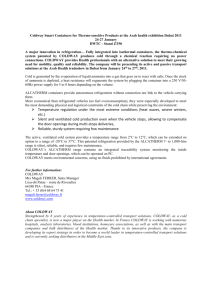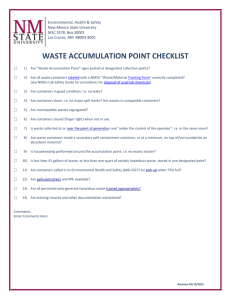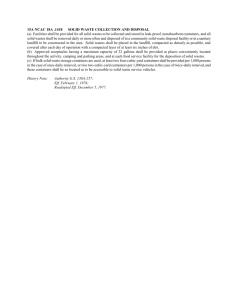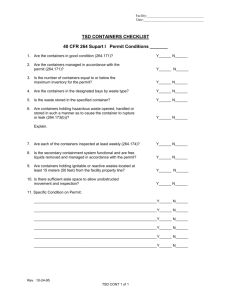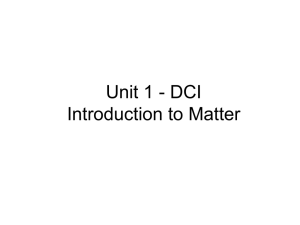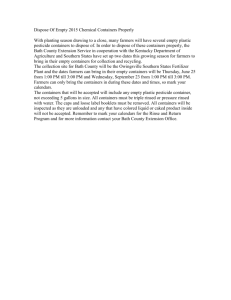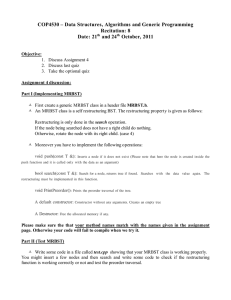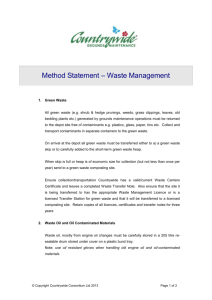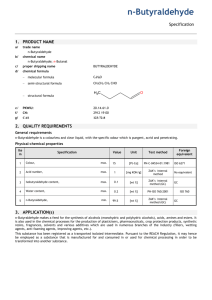blood alcohol concentration in expired and non
advertisement
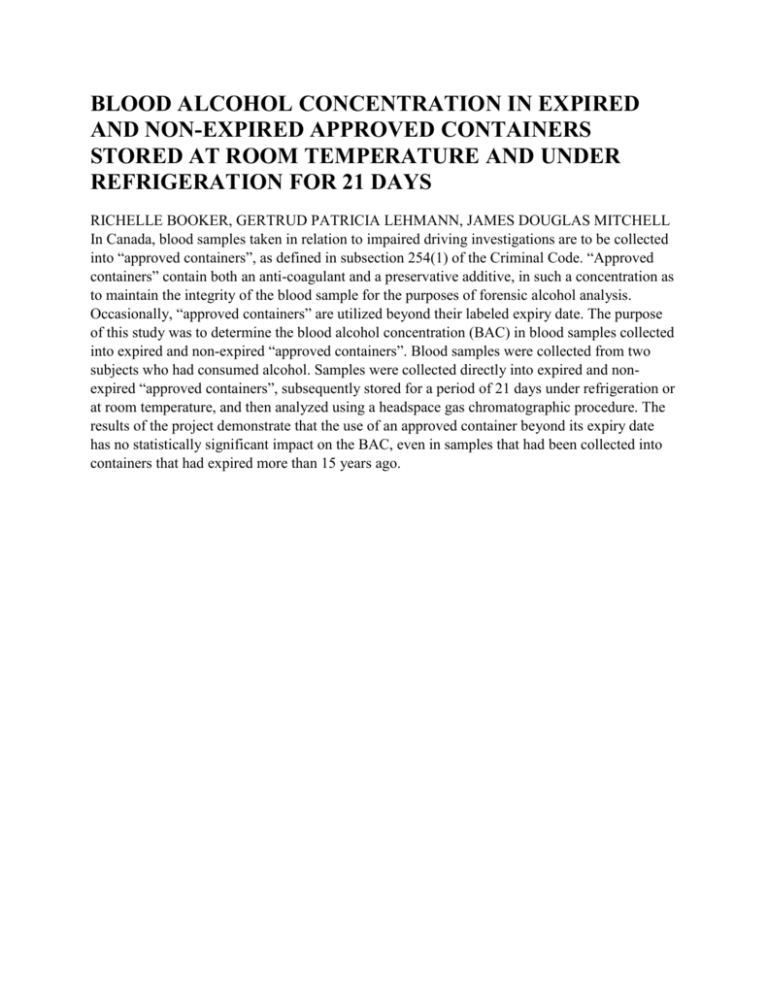
BLOOD ALCOHOL CONCENTRATION IN EXPIRED AND NON-EXPIRED APPROVED CONTAINERS STORED AT ROOM TEMPERATURE AND UNDER REFRIGERATION FOR 21 DAYS RICHELLE BOOKER, GERTRUD PATRICIA LEHMANN, JAMES DOUGLAS MITCHELL In Canada, blood samples taken in relation to impaired driving investigations are to be collected into “approved containers”, as defined in subsection 254(1) of the Criminal Code. “Approved containers” contain both an anti-coagulant and a preservative additive, in such a concentration as to maintain the integrity of the blood sample for the purposes of forensic alcohol analysis. Occasionally, “approved containers” are utilized beyond their labeled expiry date. The purpose of this study was to determine the blood alcohol concentration (BAC) in blood samples collected into expired and non-expired “approved containers”. Blood samples were collected from two subjects who had consumed alcohol. Samples were collected directly into expired and nonexpired “approved containers”, subsequently stored for a period of 21 days under refrigeration or at room temperature, and then analyzed using a headspace gas chromatographic procedure. The results of the project demonstrate that the use of an approved container beyond its expiry date has no statistically significant impact on the BAC, even in samples that had been collected into containers that had expired more than 15 years ago.
